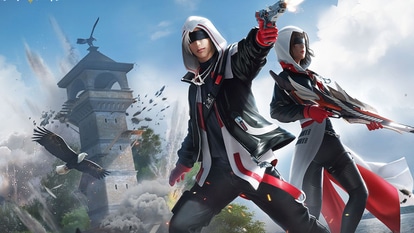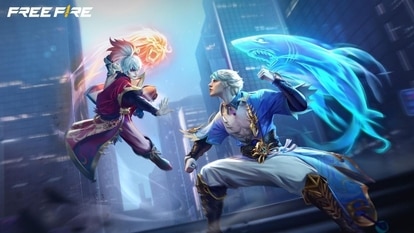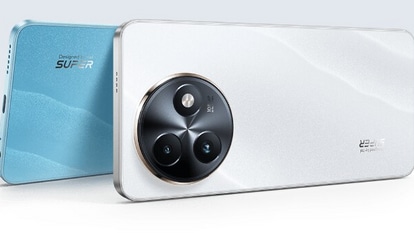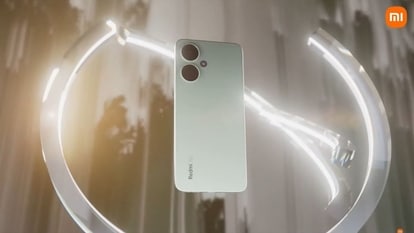Google’s Stadia problem? A video game unit that’s not Googley enough
From the beginning, Google’s approach to video games wasn’t very Google-like. The Alphabet Inc. company tends to launch bare-bones products and test them as they grow. With Stadia, it came out big.
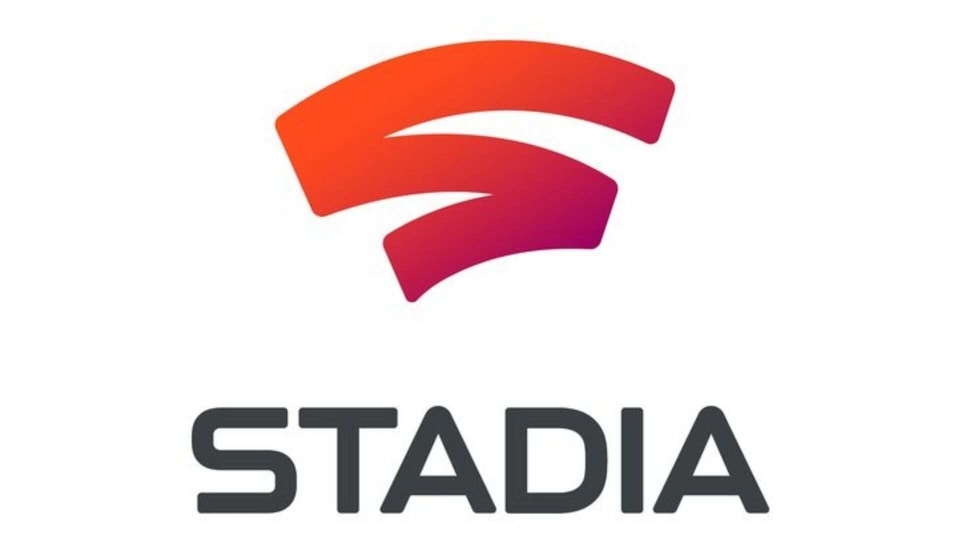
Google's streaming video game service Stadia had ambitious plans to disrupt the gaming industry, which is dominated by consoles. The tech giant had planned to pack Stadia with original content, announcing two years ago that it was hiring hundreds of game developers and starting studios in Los Angeles and Montreal.
But those teams barely had time to get started before they were dismissed earlier this month as Google shut down in-house game development.
From the beginning, Google's approach to video games wasn't very Google-like. The Alphabet Inc. company tends to launch bare-bones products and test them as they grow. With Stadia, it came out big. Flashy press conferences and ad campaigns promised high-quality games with innovative features playable on Android smartphones or on the TV through Chromecast. Gamers would have access to a library of exclusive titles and well-known favorites like Assassin's Creed without having to dish out $500 for Sony Corp.'s PlayStation or Microsoft Corp.'s Xbox.
So when Stadia launched in 2019, gamers were expecting the complete package, not the beta model. While the cloud streaming technology was there, playing to Google's strengths, the library of games was underwhelming and many of the promised features nonexistent. Other platforms offer hundreds of games a year, but Stadia offers fewer than 80, according to Mat Piscatella, an analyst at the NPD Group, which tracks video game sales data.
Players also didn't like Stadia's business model, which required customers to buy games individually rather than subscribe to an all-you-can-play service à la Netflix or the Xbox's Game Pass. Paying as much as $60 for a single game, for it only to exist on Google's servers rather than on your own PC, seemed a stretch to some. After all the hype, gamers were disappointed. Stadia missed its targets for sales of controllers and monthly active users by hundreds of thousands, according to two people familiar with the matter, who asked not to be identified discussing private information. A Google spokesperson declined to comment for this story.
“I think it would be fair to say the messaging leading up to and around the launch was inconsistent,” with the final product, Piscatella says.
Stadia's struggles are a warning sign for other prospective video game streaming services. Microsoft and Amazon.com Inc., both deep-pocketed major technology companies with experience in video games, have ambitions in the area with their respective xCloud and Luna offerings. But those products have rolled out gradually, rather than promising to be console-killers, keeping expectations in check.
It didn't have to be this way. Google actually had a beta version of Stadia in 2018. Called Project Stream, it allowed users to play Ubisoft Entertainment SA's popular game Assassin's Creed Odyssey in the tab of a Chrome browser. Fans were impressed.
The following year, at the Game Developers Conference, Phil Harrison, who is in charge of Stadia, unveiled what he called the “future of gaming.” He promised that Stadia would be more powerful than PlayStation or Xbox. He showed off innovative features like State Share, which would allow users to take snapshots of their games and share them with friends, allowing those friends to jump into the same game exactly where they had left off.
The prospects were exciting to fans and pundits, who predicted that Stadia could dominate the market, offering many of the same games as Xbox and PlayStation without the hefty price tag.
But all the buildup had some developers within Stadia worried, according to people familiar with the matter. Their deadline to ship the platform in the fall of 2019 wouldn't allow them to deliver what players expected, they said. They argued that Google should position the launch as another beta test. After all, Google's most successful products had followed a similar approach. Gmail was officially in beta testing for five years, for example, as the company continued to tweak and refine it.
There was resistance from Harrison and others on the Stadia leadership team, many of whom had come from the world of traditional console development and wanted to follow the route they knew.
Harrison had positioned Stadia as a traditional gaming platform full of bells and whistles, but that didn't mesh with Google's own mantra to “think big but start small,” as detailed in a 2011 blog post by longtime Google executive Susan Wojcicki, now chief executive officer of YouTube. “Watching users ‘in the wild' as they use our products is the best way to find out what works, then we can act on that feedback,” she wrote. “It's much better to learn these things early and be able to respond than to go too far down the wrong path.”
A British video game industry veteran, Harrison was a prominent face at both PlayStation and Xbox during their worst console launches — the overpriced PlayStation 3 and badly managed Xbox One. He joined Google in 2018 as vice president of Stadia.
His team wooed big-name publishers like Ubisoft and Take-Two Interactive Software Inc., shelling out tens of millions of dollars to get games like Red Dead Redemption II on Stadia, according to two people familiar with the deals. The amount of money Google was willing to spend came as a shock to veteran game developers, but even that wasn't enough. Video game platforms live or die on exclusive content. So Harrison also brought in Jade Raymond, a veteran executive who has worked on Assassin's Creed and Star Wars, to start building an in-house development division.
When Stadia officially released on Nov. 19, 2019, it left critics scratching their heads. The library of games was small and mostly old, with none of Google's exclusives available yet. Most of the features Harrison promised were not actually there, such as the State Share concept. The platform was only available through a $130 kit that included a special controller and Chromecast. Gaming website Kotaku called the marketing “random and terrible” and the platform failed to catch on. In fact, the company produced so many more Stadia controllers than it had demand for, that last year it gave them away for free.
Despite the tepid launch, there was optimism among Stadia's developers that they could win over fans with exclusive games, so long as Google gave them time to thrive. They were excited about game prototypes that could only work on a cloud platform, pushing memory limits with computer-driven artificial intelligence. One prototype, according to people familiar with the plans, was described as a cross between a Google Assistant and a Tamagotchi pet, allowing players to interact with smart creatures in all sorts of fun ways.
Then on Feb. 1, Google suddenly pulled the plug on in-house development. Stadia will still exist as a service and continue to offer third-party games that are also available on other platforms. But without exclusives, Stadia has little hope of competing with big consoles or building an audience of millions. It seems unlikely to be the “future of gaming” that Harrison had promised.
While Stadia didn't seem to follow the traditional Google playbook, without some drastic changes it could still face a pretty Googley outcome: being added to the long list of products that Google has killed.
Catch all the Latest Tech News, Mobile News, Laptop News, Gaming news, Wearables News , How To News, also keep up with us on Whatsapp channel,Twitter, Facebook, Google News, and Instagram. For our latest videos, subscribe to our YouTube channel.




















